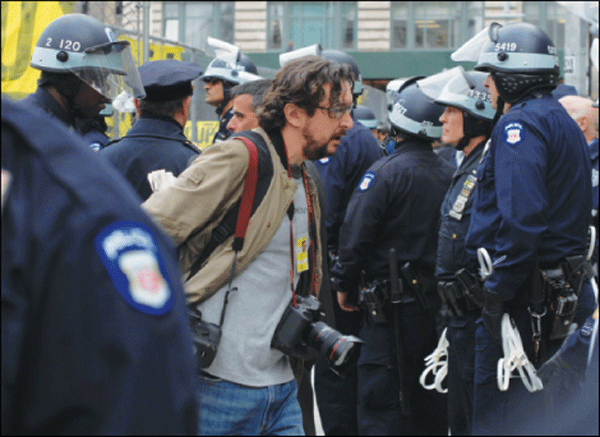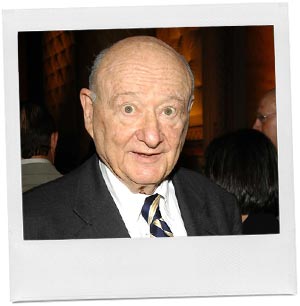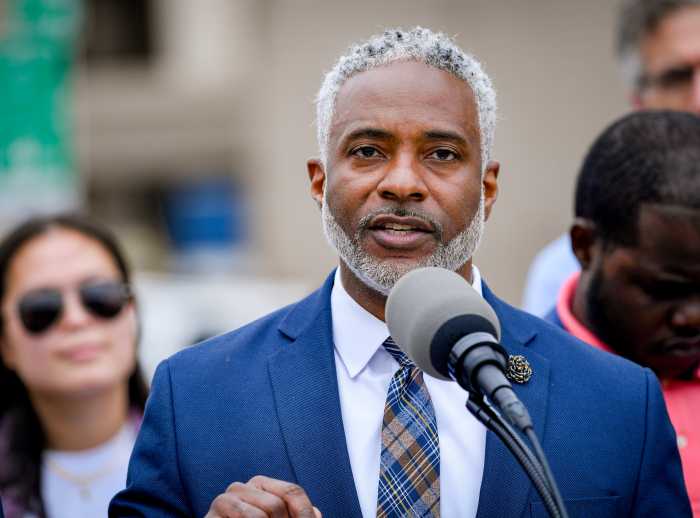 [/media-credit]
[/media-credit]
His letter was a reference to the Occupy Wall Street protest, which used Zuccotti Park as its base. Mayor Michael Bloomberg quite understandably criticized the congressman for requesting such an investigation. Had I been mayor, I would have similarly protested.
Indeed, when I was mayor, other members of Congress at the time, at the request of some civil rights activists, demanded the House Judiciary Committee investigate charges of police brutality alleging biased racial actions by the New York Police Department. The current ranking member of the Judiciary Committee, John Conyers (Democrat of Michigan), then a senior member of the committee, responding to the demand of the advocates, first and prior to hearings, denounced the city and the N.Y.P.D., then held hearings, and then announced the charges against the N.Y.P.D. were not sustained. But the damage was done and, or course, the very holding of the hearings gave credibility to the false charges.
So here, too, the congressman’s letter gives credibility to the false charges of advocates for Occupy Wall Street. The protesters occupied Zuccotti Park for two months before the City of New York, acting pursuant to court order, removed the tents and sleeping bags that had been erected against City directives. Occupy Wall Street is represented by well-qualified lawyers to argue the merits of their case in court. They did so and lost. They have a right of appeal. It is reputed that they have a bank account available to them of more than $500,000 as a result of donations. Their rights, in my opinion, have not been violated. Just the opposite. The protesters have violated the rights of others doing business or living in the area of Zuccotti Park. Congressman Nadler and the speaker of the Assembly, Shelly Silver, jointly complained by letter to the mayor, stating, “Some of the protesters have created serious and quality of life concerns for residents.” So Nadler, as often happens with public officials trying to please constituents, ended up on both sides of the issue.
The forum to determine rights and wrongs in this case is the New York courts. Does Nadler believe they are incapable of doing so and that the U.S. attorney general needs to enter the matter? That is a real smack in the face to New York City, and undeserved.
Occupy Wall Street protesters on Dec. 17 tried to illegally occupy a parcel of land owned by Trinity Church, which had declined to make it available as an encampment for Occupy Wall Street protesters. Protesters were arrested by the N.Y.P.D. for their attempted illegal occupation. Did Congressman Nadler condemn Trinity Church, the N.Y.P.D. or the Occupy Wall Street protesters? Or is he leaving that issue to the New York courts?
I will now venture an opinion. Congressman Nadler represents the Upper West Side, a bastion of liberalism and radicalism. Citizens flood him with letters and visits demanding he side with Occupy Wall Street. He decides that since he’s criticized Occupy Wall Street by letter to the mayor at the request of business people and residents of the area near Zuccotti Park, why not now ingratiate himself with Occupy Wall Street by demanding an investigation of the N.Y.P.D. and its tactics? As they say, “It can’t hurt.” But it does hurt. In this case, it attacks the integrity and professionalism of the police, which most New Yorkers would say in this case is unfair. By and large and with few exceptions, the police handled themselves with restraint and professionalism.
I hope the attorney general will conclude that the New York courts can and should handle the matter. Nadler’s political correctness, seeking to please the advocates, is seen for what it is — the craven response of a politician worried about a possible primary from the left.





























